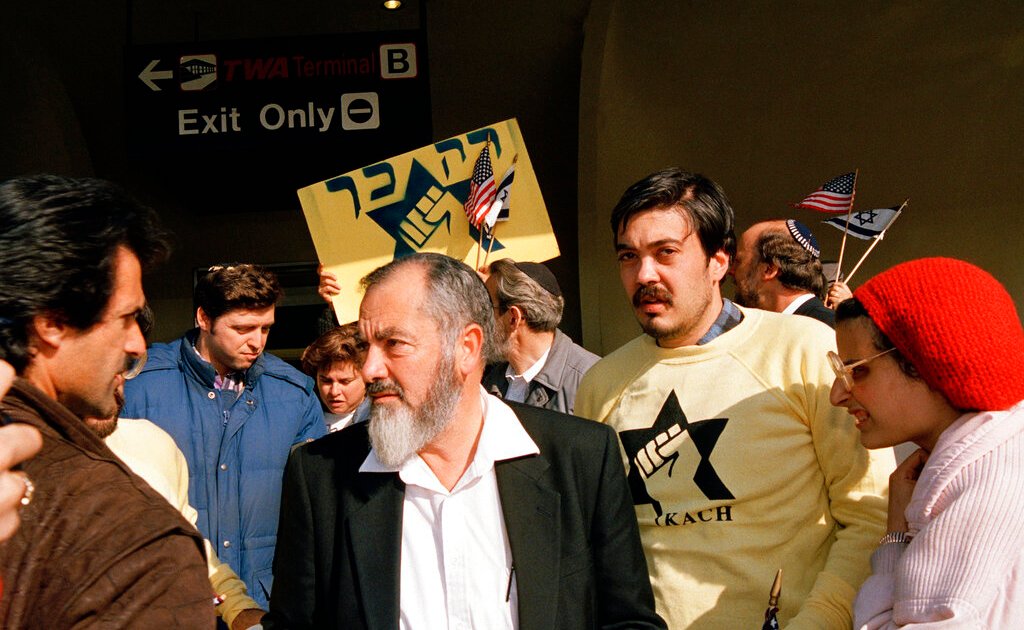Libya’s High State Council elects new leader as political gridlock deepens | Politics News
The Tripoli-based governing body chooses Mohammed Takala as leader in a run-off by 67 votes to 62, unseating former head Khaled al-Mishri.
One of Libya’s top governing bodies has elected a new leader in a development that could further fracture the deeply divided country.
The Tripoli-based High State Council (HSC) on Sunday chose Mohammed Takala in a run-off by 67 votes to 62, unseating its former head Khaled al-Mishri, who had led the HSC since 2018.
The introduction of a new leader at the helm of a key political institution could add more uncertainly to the country’s already divided politics.
The international community and the United Nations have repeatedly said that nationwide elections are key to ending the country’s decade-long power vacuum. But for years, rival leaders have failed to agree to a set of election laws that would set the terms of that vote.
Libya has been torn by conflict since a NATO-backed uprising toppled longtime ruler Muammar Gaddafi in 2011. The country was then for years split between rival administrations in the east and west, each supported by different militias and foreign governments.
The HSC holds significant influence in political matters under a 2015 agreement and has been negotiating a path to elections with Libya’s main parliament, the House of Representatives (HoR), which is based in the country’s eastern city of Tobruk.
The potential impact of Takala’s victory on the HSC’s talks with the HoR over electoral rules remains unclear.
The election discussions are occurring amid pressure from the United Nations, but both bodies have sought to replace the interim government in Tripoli before any national vote.
The interim government is headed by Prime Minister Abdul Hamid Dbeibah, a rival of both al-Mishri and the HoR speaker Aguila Saleh, due to disagreements over rules for an election.
Dbeibah on Sunday congratulated Takala on his election.
“I congratulate Mr. Mohamed Takala on winning the confidence of the members of the High Council of State in the elections for the presidency of the Council,” the Libyan News Agency quoted him as saying.
The prime minister said he hopes Takala will adhere to “the will of the Libyans to hold elections”.
Dbeibah has said he will not cede office until after an election and last year fought off armed efforts to unseat him.
Many Libyans, however, believe the HoR and HSC have little interest in holding an election that could diminish their power.




